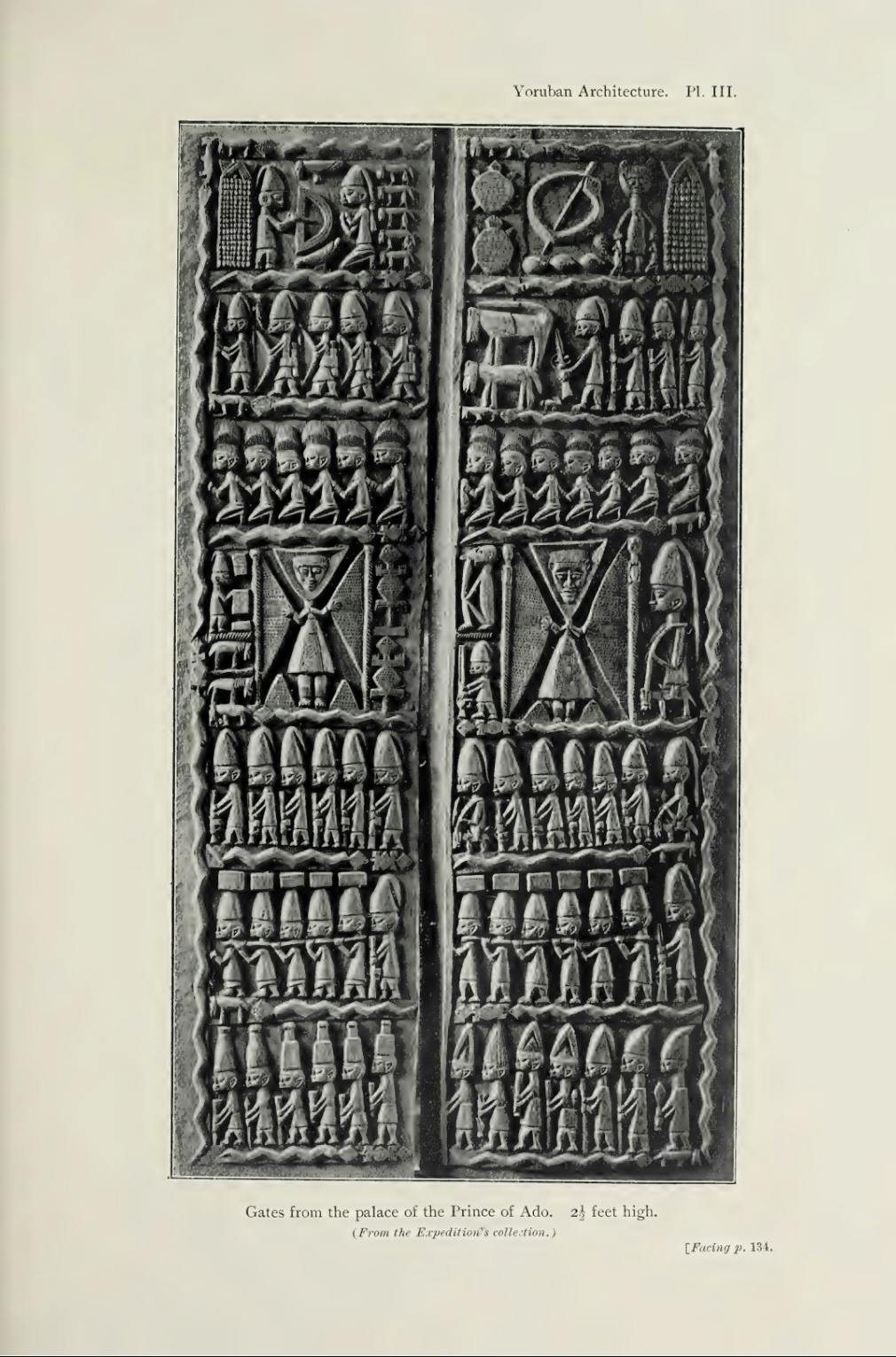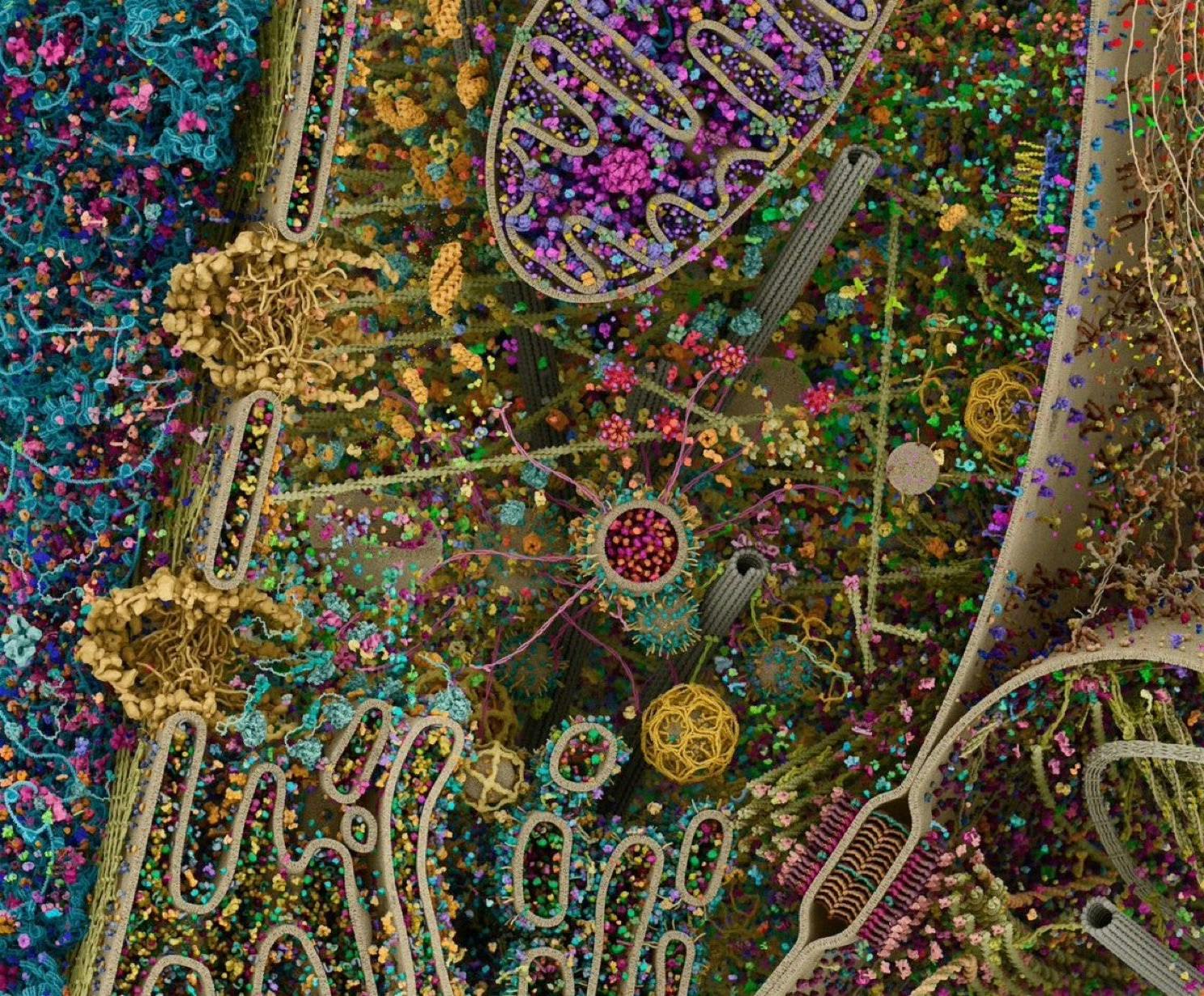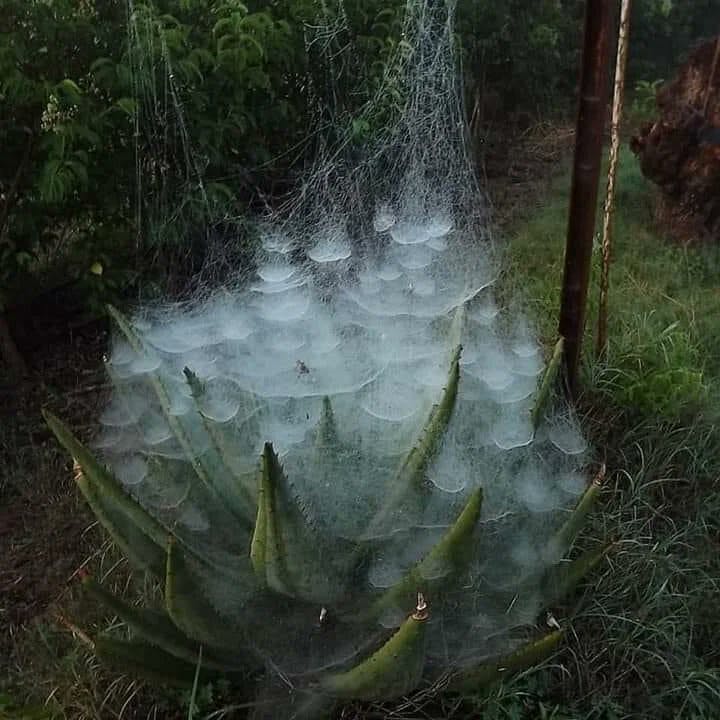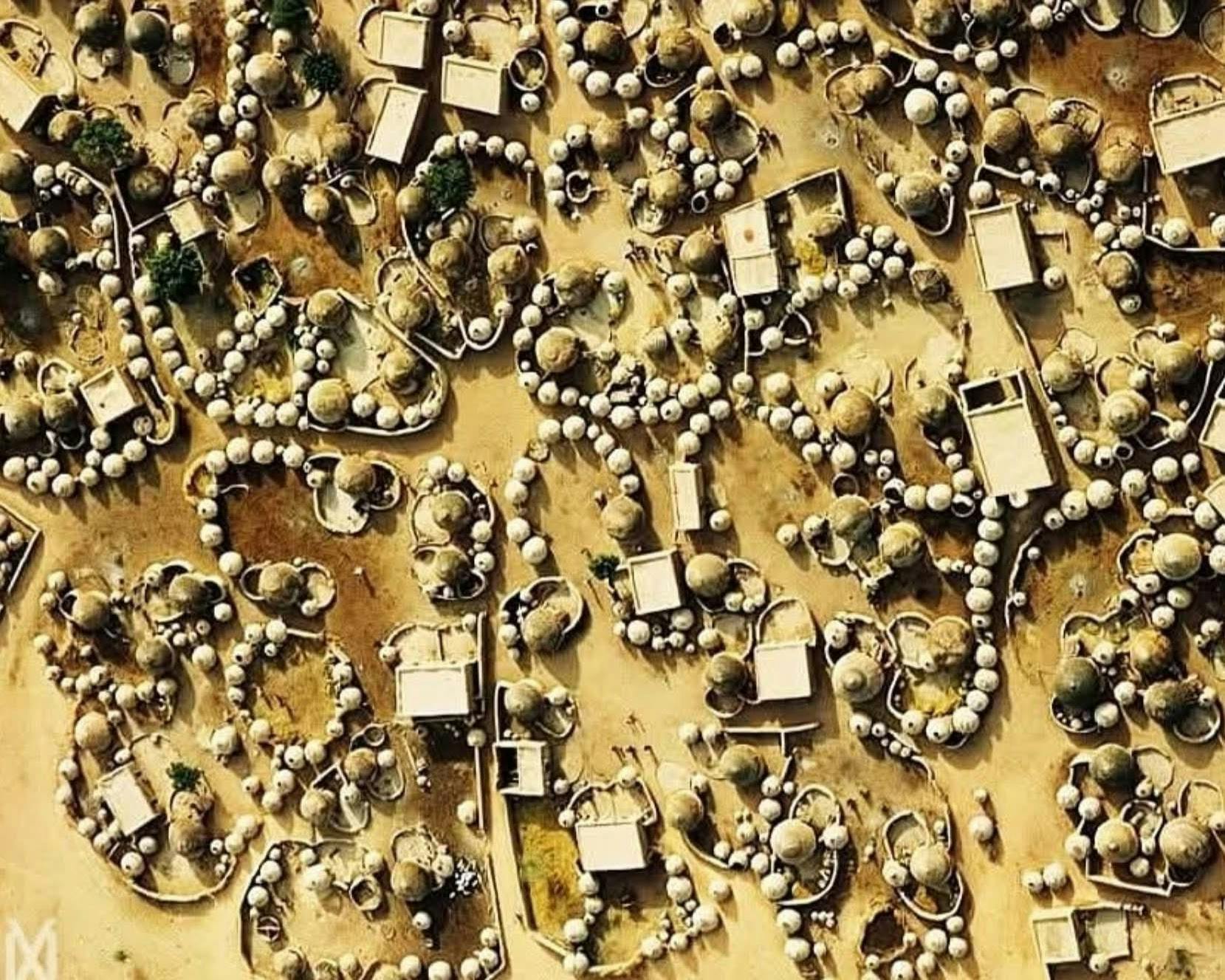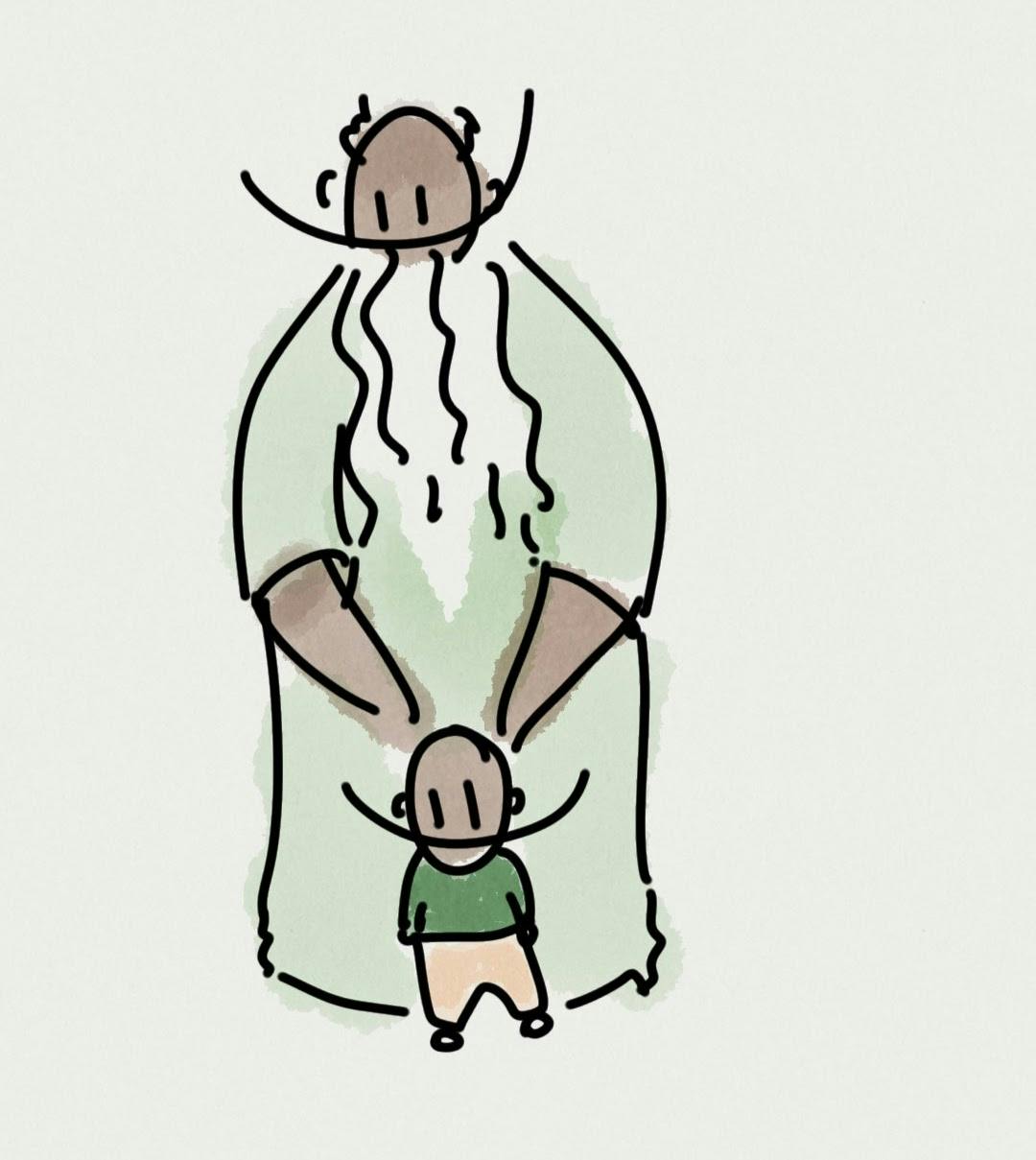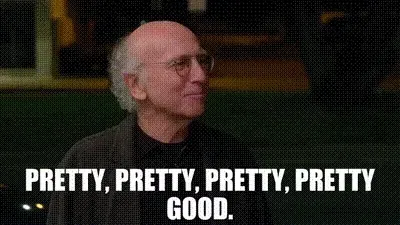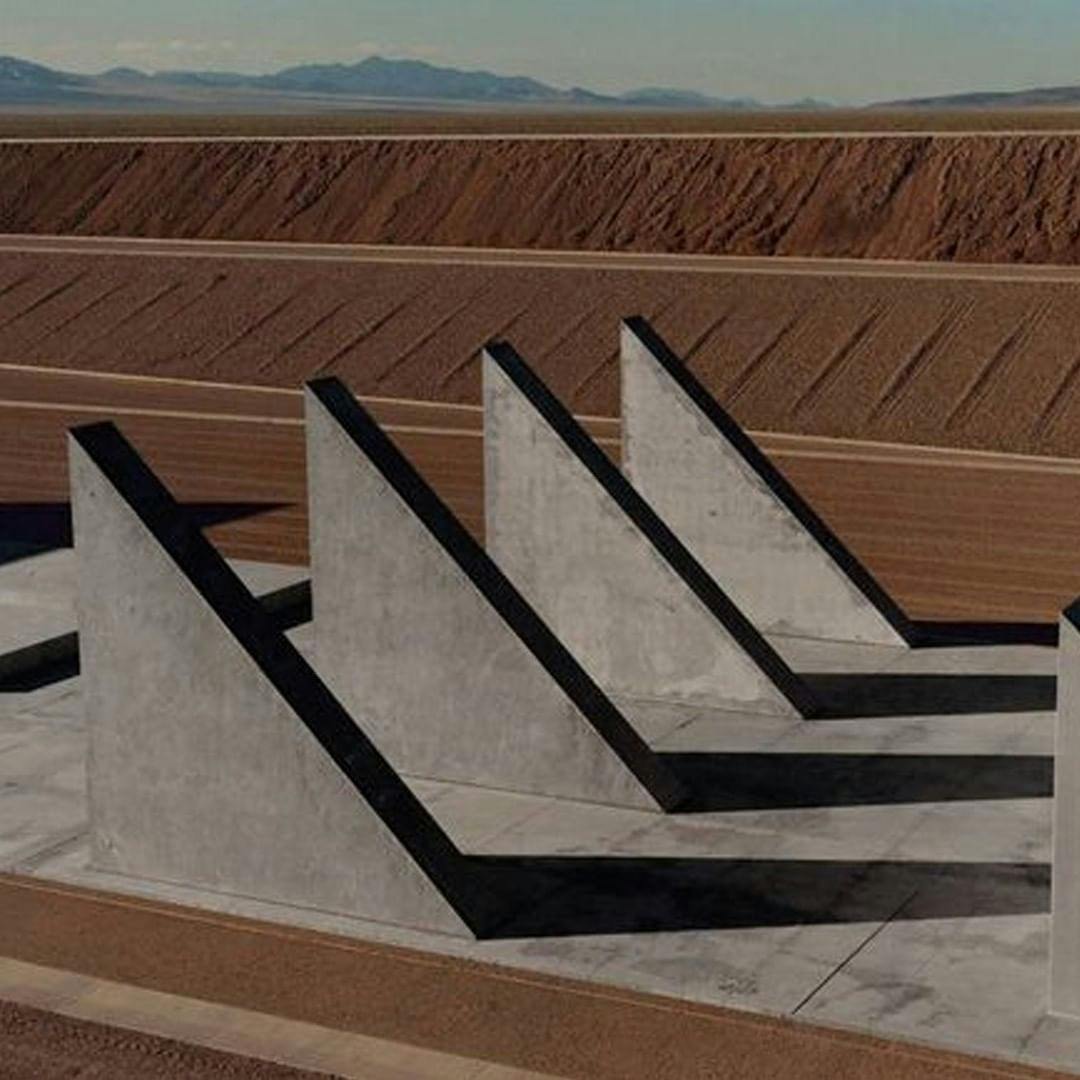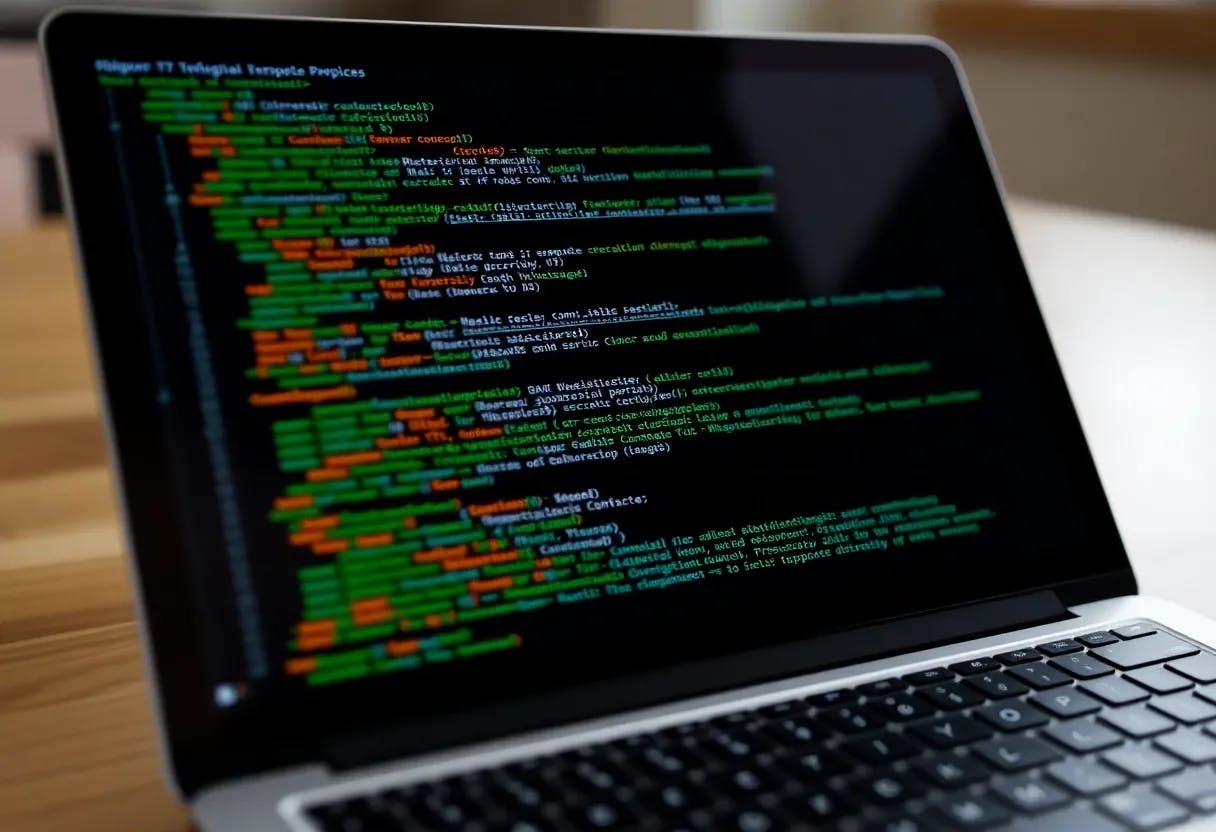Do you have people you can trust with your life?
Regardless of your current situation, human society is built on the assumption of entrusting our lives to each other in public. It allows us more time to spend on enriching life than avoiding death, and in this way humanity exists as an implicit global cooperative.
We believe in our imperfect systems and hope that others will act in the best interest of the collective. Regardless of the countless daily reports of system failure, we persist because we often have no choice. We hope that the self-righting mechanisms embedded in our constitutions will get us to some form of a promised land in our lifetime, or at least in the next generation’s.
Each of us is born a part of this organism or social machine that has preceded us, and we’re responsible for preserving and transferring it to those coming after us.
Now that human thought is largely digital, we have a never-before-seen opportunity to erect soft infrastructure to effectively bridge existing trust gaps of collectives sharing vested interests, also known as cooperatives, for global access.
In this story, you’ll see how blockchain technology bridges those trust gaps globally for a more successful cooperative.
Let’s define a cooperative as a network of autonomous individual contributors acting as one unit & entity. To the untrained eye and the unassuming mind, how could there be any trust gaps here?
In The Dark Systems Manual (a previous article) we defined a system as a concert of self-sustaining rules that reduce uncertainty. We also labelled the three vulnerable points that all systems break from:
- Creating discord within the components or communications necessary to keep the rules functioning.
- Altering the rules so that they no longer allow the feedback loop to continue the system.
- Iincreasing uncertainty in such a way that invalidates the existence of the previous two conditions.
With that understanding, the trust gaps in a cooperative at any given time will come from:
- Contributions: how do we circulate contributions within our network?
- Coordination: how can we act best as one unit & entity?
- Governance: how should we distribute network power to autonomous individuals?
And so the administrators work tirelessly to protect the trust of the cooperative at each of these points. But what if we programmed the cooperative’s systems for managing these trust gaps into smart contracts?
Apart from the hours saved in admin work and the successfully limited consequences of human error, smart contracts can be written (with some critical thinking) to help protect a cooperative from social engineering or sabotage and free up members to focus on contributing. The more obvious benefits would include the public ledger that everyone can access, but there’s a more important problem to solve first before we rush to build.
We must ask ourselves why, if blockchain would be so helpful for cooperatives everywhere, aren’t cooperatives using them already?
The current infrastructure for co-ops is typically a spreadsheet if they’re lucky (web2), or even paper & notebooks (web0/offline). How do you begin to explain a blockchain to them?
Recently, I had the unfortunate experience of onboarding the staff of a web0 farming company to a cloud-based spreadsheet for central intelligence. The project was a weak success. Staff avoided training, management avoided responsibility, but still wanted it done somehow. Blockchain ke?
If you built an elaborate web3 system to solve a co-op’s problems only to find that most members would not (not could not) accept it, you could be devastated. The reason cooperatives may remain stuck on their old systems could be from build costs, perceived complexity, weak internet infrastructure, bulk inertia (cooperative is too big) and a lack of proper incentives.
Tough. But let’s assume we found a forward thinking co-op that doesn’t know much about blockchain but read this article till the end and wanted the benefits for their network. How would we execute?
We would need to build a simple (ideally mobile) app to interface with the blockchain.
So let’s first define the user & their day-to-day activity, then the network, and finally, governance.
Taking Contributions
What happens in the day-to-day life of a cooperative member?
That depends on the type of cooperative. If we want members spending their energy on our app, we’ll need to start by showing them their money whenever it launches. While few will protest that no cooperative should worship money, humans have an undeniable need to remain in touch with the motivations for our actions. Or don’t you check your account balance?
For a contribution-based network, the feedback loop of Contribute→Benefit→Trust→Contribute relies on members seeing their money (outcome) to build trust. Even simply opening the app to check earnings for the day or period will be the first steps to forming the habit we need.
Before taking contributions into our network, we want to ensure member access to its benefits is quick & easy. This will include access to their transaction history & profit share, with the ability to contribute more money to the cooperative and pay out money into a bank account. They’ll access these transactions in the app’s Earnings section published from their wallet address, and traceable on the public ledger.
They don’t need to know who Satoshi is yet.
There is a need for vetting before allowing prospective members contribute to the network.
Yes, contributing resources is the prerequisite for joining a cooperative at the basic level, but the quality matters. This can be done through compliance inspections or certificate requirements.
Individual failures to meet product or service standards hurts the cooperative’s reputation & earnings.
|
Earnings |
|||
|---|---|---|---|
|
Profit share |
|||
|
Transaction history |
|||
|
Contribute |
|||
|
Payout |
Sticking Together
How would a stranger join the cooperative from anywhere in the world? And why should we let them in?
Well, we always have the option to resort to paranoia & isolation, or to allow people prove themselves worthy of our trust. So what if we only allow them pay a tiny sum to register? Then they can level up their contribution level based on compliance & engagement.
This tiny registration fee would be powerfully symbolic, allowing us to engineer the level of coordination we want in our co-op through merit. If members have a clear channel to spend their time, effort, commitment & money to gain influence over the network and profit shares, they’ll have to go big or go home. We’d also be teaching them how to use our app and rewarding them for it directly.
In the digital world of easy access, our psychological barriers sort people by the contributions they are willing to make. Once they do, they’ll be able to sign up. Then the app’s backend will access the blockchain and initiate the transaction that registers the validated first contribution on the new wallet address we create for them on signup.
So does the cooperative stick together because it’s good for the collective or convenient for the individuals? It’s because it organises individual motivations to drive group benefits. What would that look like in our app?
|
Earnings |
Updates |
Contributions |
|
|---|---|---|---|
|
Profit share |
Announcements |
Projects |
|
|
Transaction history |
Private forums |
Generated sales |
|
|
Contribute |
Settle conflict |
Salary jobs |
|
|
Payout |
Market trends & insights |
Resource pools |
This way, we’d use a blockchain for Earnings, but for Contributions & Updates, the smart contract will depend on the app data instead to make preprogrammed financial & governance decisions.
Conflict is inevitable, but not unqualifiable.
All conflicts will typically take one of these 5 forms: a minor issue, a major problem, a false accusation, a miscommunication, or all parties were at fault.
We don’t want to lose valuable administrative resources on every squabble, yet we don’t want them to build up or for contributors to feel irrelevant. To prevent the ripple effect of conflicts and sabotage on such a connected organism these will be our guiding principles:
- All conflicts must follow the in-app settlement process and be resolved privately before any public discussion.
- Affected contributors will present their case before the first-level consult (AI), stating their side of the story to get a verdict and possible resolutions:
- If the verdict is a minor issue, miscommunication or all parties were at fault, no other contributors will need to step in. The report will be documented including the settlement actions.
- If any affected contributors are unhappy with the verdict, they can move up to the second-level consult (mediators) by staking their reputation & presenting the documented report:
- If the verdict remains unchanged, they lose the staked reputation points.
- If the verdict changes at all, they regain staked points.
- If the verdict changes to fault the other contributor, the faulting contributor loses the same amount of hit points.
- If they want to present new evidence, they return to the first-level consult (AI).
- If the verdict is a major problem or a false accusation, the third-level consult (admins) will step in immediately and follow the same documentation & settlement process.
- Contributors involved will suffer significant hits to their Reputation Score.
- False accusations will automatically credit lost points to the accused contributor.
- Once settlement is completed, involved contributors can opt to show the details on their profile to explain any new developments in their reputation score. They can earn reputation points for good conflict conduct.
Managing such a potentially massive and rapidly-changing dataset like this with a smart contract alone would mean risking the stability of the profit-sharing mechanisms and by extension, the foundational trust members place in it.
It would mean constantly updating the smart contract every time we need to distribute profits around new, promoted or blacklisted contributors.
We’re far better off fixing the smart contract and allowing it to work with contributor inputs from the app.
Making Decisions
How do we protect the wealth & community of each new co-op generation in our absence?
With a network potential to span the globe, we need timely & trusted systems to make small & big decisions for the collective. Even if we vet new members, present clear avenues for them to grow in rank, and keep them coming back to our app through their Earnings, our system can still fail without valent checks & balances.
A cooperative is member-owned and member-led, and our app must show how their contributions to governance affect collective outcomes. We have the unique advantage in this system to channel individual motivations for group benefits.
Let’s choose independent, accessible nodes over behemoths that adapt quickly to the never-endizng chaos of existence. Smaller nodes means more options for contributors to earn profits. They can:
- join less-frequent projects with higher returns,
- generate sales by producing & selling products/services under the co-op’s brands,
- earn salary for working full-time on ongoing business models like farms, processing plants on owned lands, and/or
- contribute to larger pools of resources with their capital, lands, skill/labour as contractors for product development, packaging, marketing, sales and/or distribution, project management and other tangible assets required to make the cooperative a success.
|
Contributions |
|||
|---|---|---|---|
|
Projects |
|||
|
Generated sales |
|||
|
Salary jobs |
|||
|
Resource pools |
Or even provide feedback on how these Contributions are being run from the reports made by contributors at each level. That would mean each contributor provides a brief but regular summary about the progress of the project in order to get paid.
Let’s say two contributors are tasked with securing 5 new vendors within a budget for 3 months. Here’s what that summary could look like:
Contributor 1: “I’ve met all my goals for this month. However, we’ve intentionally delayed progress because [requirement].”
Contributor 2: “I’m behind schedule this month. We can still reach our deadline without sacrificing quality if [solution].”
And contributors in their node rate their performance based on a Success Score and their summary, affecting each contributor’s Reputation Score. This Success Score can even include a Project Manager’s executive summary for a wider perspective on & verification of contributions, which they themselves will also be rated on:
Project Manager: “Contributor 1 & 2 work well together. I’m happy with quality, but we are unlikely to reach our deadline.”
This process simplifies voting. Votes determine Success Score and Reputation Score, and by voting, each nodal contributor adds to their profit share for keeping the system running.
We can collect the summaries beforehand and publish at once so members have no idea what the other said until it’s published.
Offended? Click the settle conflict button for a second opinion.
So here’s what our app now looks like:
|
Earnings |
Updates |
Governance |
Contributions |
|---|---|---|---|
|
Profit share |
Announcements |
Reputation score |
Projects |
|
Transaction history |
Private forums |
Polls & voting |
Generated sales |
|
Contribute |
Settle conflict |
Meetings |
Salary jobs |
|
Payout |
Market trends & insights |
Nodal & total profits |
Resource pools |
We’ve designed these aspects and features to ensure the network’s trust gaps are protected, and even went further to protect individual contributors’ reputations within the network. I don’t know about you but I’m feeling pretty good.
Reputation Score
You’re probably tired of asking what this is, but I saved the best for last.
This index is a digital representation of the tangible trust we can place in contributorrs for their contributions to the network. Once you begin contributing, your score & rank rise from nonexistent (zero) until a certain point of contribution where you achieve self-actualisation.
Contributors at the self-actualisation stage have done so much for the network and reaped so many rewards that their only satisfaction can come from helping others. So they’ll serve primarily as the mediators (second-level consults), managers & middlemen of the coop in all undertakings of the cooperative.
Their experience is now priceless, and they will become our cornerstones for as long as they’re willing to serve. However their scores will not be untouchable, keeping the power distribution heterarchical and still free from social engineering.
As for the up and coming contributors, they’ll earn reputation points for daily work done to preserve the network, and lose points for their mistakes. If they decide to allow the details be published on their profile, we’ll allow them to add the lessons learned to show their maturity. We all make mistakes.
Apart from the baseline profit share distributed to each member, their Reputation Score increases their allocation from the Total Profits. This allows a variance of contributions to decide what belongs to each individual, not just how much money you put in.
So putting in infinite money will have limited influence over your Rep Score. 😉
The Reputation Score also affects their voting power.
Where would your Reputation Score live?
Securely on the blockchain, with Success Scores too. For us to attach the livelihood (and reputations) of all the countless people who will depend on this metric to earn their livelihood or secure their assets, we must be beyond confident it won’t be tampered with.
This is precisely why blockchain is the only suitable technology for such a foundational metric in a co-op today. Blockchain is tamper-proof, without a single point of failure, auditable and unbiased—unlike the traditional databases we would build our app on.
Instead, the contributions made by contributors (voting on nodal projects, attending planning meetings, working for the co-op, contributing money, Success Scores etc) would be fed into this blockchain and use the algorithm encoded in our smart contract to adjust Reputation Scores daily.
The reader is free to pick the blockchain that suits their needs the most, or even build their own (please don’t).
Naturally, we’ll blacklist non-contributing contributors (ghosting) in the past 365 days or even less. They can’t operate under our brand names, or might not get to vote on any nodal projects without attending planning meetings first. We can withold the latest information, or only allow them contribute to resource pools to show their loyalty. Their voting power will also be weaker.
A contributor is free to enter and leave, but they’d better not be lurking while we’re working.
With such a powerful metric at play, a Reputation Score could allow members to move from one cooperative to another, without losing the trust they’ve spent their lives building.
This kind of soft infrastructure bridges trust gaps in ways we never thought possible from an individual or reference’s testimony. Imagine such a metric protecting you in court, or allowing you move between countries or states as you seek out new challenges or opportunities.
In Nigeria, the most common type of cooperative is informal and apprenticeship-based, but has been the reason generations were lifted out of poverty, and a people once abandoned could regain their socioeconomic footing in a chaotic society like ours.
But there’s still room for trust infrastructure like what I’m proposing. If we built this, we’d only make such communities more prosperous & well-knit, as well as the countries involved. It works for
Welcome to the Organism. And shout out to Joshua Crownwell @_crownwell for his brilliant ideas on trust transfers & for motivating this piece.
Smart Contract
The brain of this operation would be the smart contract. It will use our code to both calculate the Reputation Score and use that score to allocate profits & votes to contributors automatically. This further cements the fates of contributors together: we either reach our goals or fail together.
It will also calculate the Success Scores of different contribution types to help us track our investments as a collective, and also affect the Reputation Scores of contributors responsible. However we will need standard algorithms if we want to keep the integrity of the smart contract.
For a project’s profits, we could allocate baseline 69% to all contributors, 30% to project contributors and 1% for admininstration, for example. Or use profit thresholds to decide what the best distribution algorithm for each contribution type is e.g, “at 1 trillion dollars in profits, use [algorithm].”
So salaries can be paid even with algorithms, and any job bonuses granted using Reputation Scores or algorithms still.
In the event contributor performance is not good enough to distribute all the profits immediately, the leftover is still part of the Resource Pools to be used for whatever the cooperative needs.
We can also apply similar tactics to distributing network power (voting) through Reputation Scores.
Notable Hurdles
- Upfront cost for small co-ops, inertia cost for large co-ops (implementing early is best)
- May need to rewrite smart contract if co-op scope expands: in-house team (avoid this ideally, but hiring pros or training contributors can reduce risks)
- Learning curve for new software with poor experience design (*screams in pure spite for Toby Flenderson*)
- Requires a smartphone
- No protection from breaches of non-compete clauses & right of first refusal (software cannot solve hardware problems)
Such systems give contributors a larger sense of ownership. You need to hear how members speak about the cooperatives they own. The larger bargaining power is definitely a merit, in addition to the cost savings from buying in bulk. From the market’s perspective, there’s less competition among individuals, which can easily become complacency in some situations.
However by using nodes, we can easily nudge them towards healthy competition, and channel individual & group ego for the collective good. Blockchain allows for transparency and data security, but there are already systems cooperatives are used to in real time.
So the true benefits are global access to the network, unmatched security for an index like the Reputation Score and a higher accuracy of tracking contributions.
Would you join my global climate cooperative? We’re the Organism; farming, processing & selling tonnes of microalgae byproducts to recirculate atmospheric carbon faster than any other climate action project on the planet.


